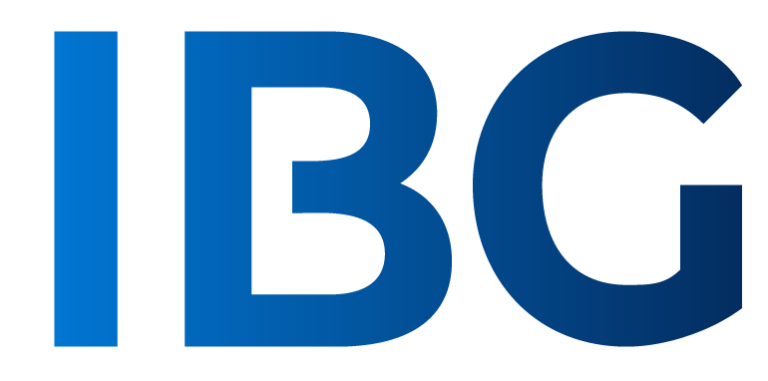Daniel Ek: Building a Strong Executive Team and Board to Drive Spotify’s Success
Home Executives Companies Insights Why to choose us X Connect with us Edit Content International Board Group Get in Touch…

Bank of the West Tower - 500 Capitol Mall, Sacramento, CA 95814
(650) 250 - 5845

The significance of board member engagement has come under greater scrutiny, necessitating a more structured approach to manage director commitments. This necessity has been underscored by Glass Lewis in their recent report, “Director Commitment Policies, Overboarding and Board Refreshment,” which calls for formal policies to ensure directors are not spread too thin across multiple commitments.
Defining Director Commitment Policies Glass Lewis advocates for clear and enforceable director commitment policies that include a mandatory limit on the number of external boards a director can serve. This approach aims to ensure that directors can dedicate adequate time and resources to each board position, enhancing their effectiveness and engagement.
Annual Compliance Verification An essential aspect of these policies is the establishment of a process for annual verification of compliance. This typically involves a review by the nominating committee, which also assesses the overall commitments of the directors, ensuring they are not only compliant but also capable of fulfilling their roles effectively.
Enhancing Board and Shareholder Relationships By implementing formal commitment policies, boards can demonstrate their dedication to good governance, which in turn fosters trust and strengthens relationships with shareholders. These policies help address shareholder concerns about directors’ ability to effectively manage their duties amidst multiple commitments.
Reducing Overboarding Risks The policies are designed to minimize the risks associated with overboarding, ensuring directors have the capacity to provide the necessary oversight and contribute to board discussions and decision-making processes. This is crucial in an era where the effectiveness of board governance is closely watched and highly valued.
From Advisory to Mandatory Historically, director commitment guidelines have been advisory. However, the evolving governance landscape, marked by heightened expectations for director oversight post-pandemic, has made the need for mandatory and formalized policies more apparent. Glass Lewis’s recommendations represent a shift towards more definitive governance practices that require documentation and compliance.
Board Renewal and Turnover Effective director commitment policies also support board renewal strategies such as mandatory retirement ages, term limits, and regular performance evaluations. These measures are essential for fostering board dynamism and responsiveness to new challenges.
Instituting formal director commitment policies is a critical step towards ensuring that board members are fully present and adequately focused on their responsibilities. While the implementation of such policies may present challenges, particularly for directors with extensive commitments, the benefits of improved governance and enhanced board effectiveness are compelling.
While the benefits are clear, the implementation of strict director commitment policies can be challenging, especially for highly active directors. Boards must consider individual circumstances and the specific needs of their company and industry when applying these policies.
As corporate governance continues to evolve, the expectations placed on board directors will only increase. Companies, including non-profits and private firms, must consider how best to implement these policies to enhance governance practices and ensure their boards are composed of highly effective, committed members.
Adopting robust director commitment policies is more than a compliance exercise; it is a strategic imperative that can significantly enhance the quality of oversight and the board’s capacity to drive corporate success.
Home Executives Companies Insights Why to choose us X Connect with us Edit Content International Board Group Get in Touch…
Home Executives Companies Insights Why to choose us X Connect with us Edit Content International Board Group Get in Touch…
Home Executives Companies Insights Why to choose us X Connect with us Edit Content International Board Group Get in Touch…
Home Executives Companies Insights Why to choose us X Connect with us Edit Content International Board Group Get in Touch…
Home Executives Companies Insights Why to choose us X Connect with us Edit Content International Board Group Get in Touch…
Home Executives Companies Insights Why to choose us X Connect with us Edit Content International Board Group Get in Touch…
Home Executives Companies Insights Why to choose us X Connect with us Edit Content International Board Group Get in Touch…
Home Executives Companies Insights Why to choose us X Connect with us Edit Content International Board Group Get in Touch…
Home Executives Companies Insights Why to choose us X Connect with us Edit Content International Board Group Get in Touch…

Join us in designing the future of leadership by connecting visionary companies with transformative leadership.
Palo alto, California 94302
500 Capitol Mall, Sacramento, CA 95814